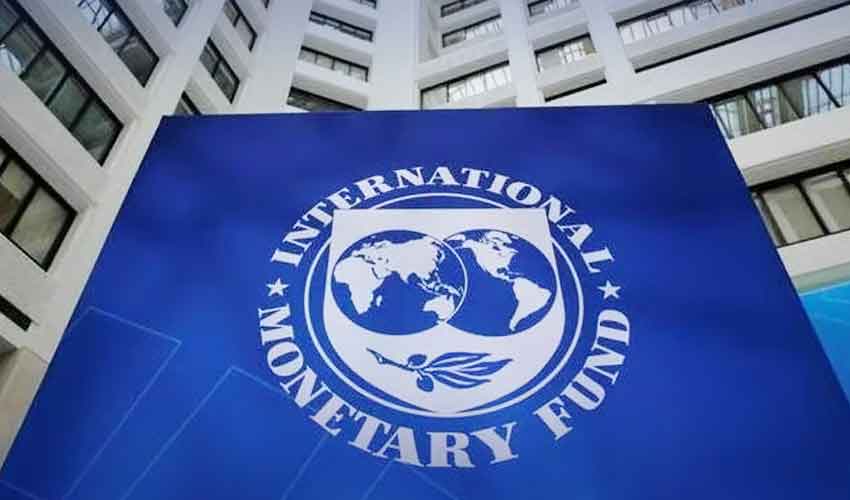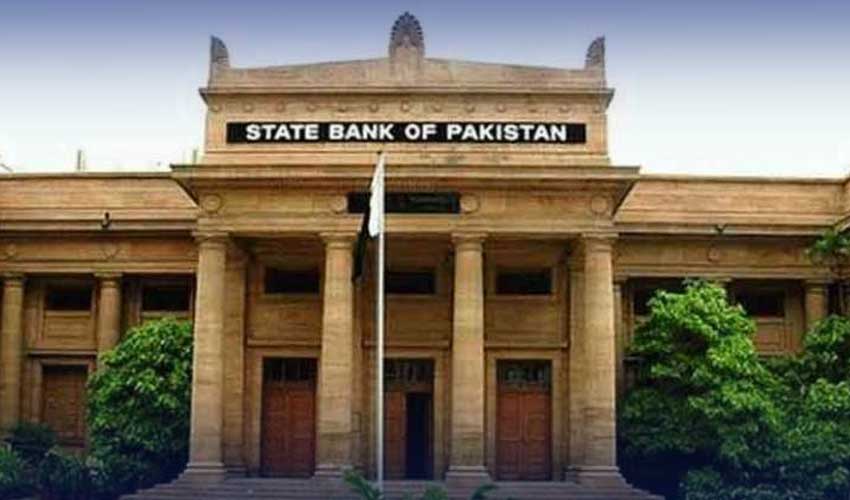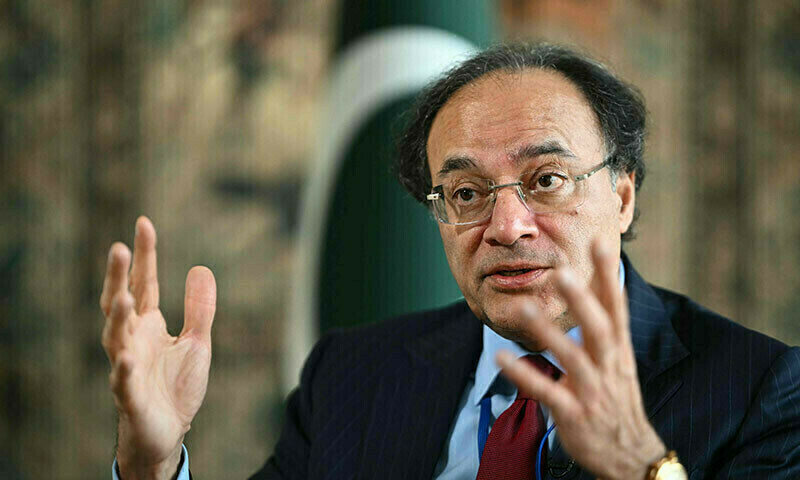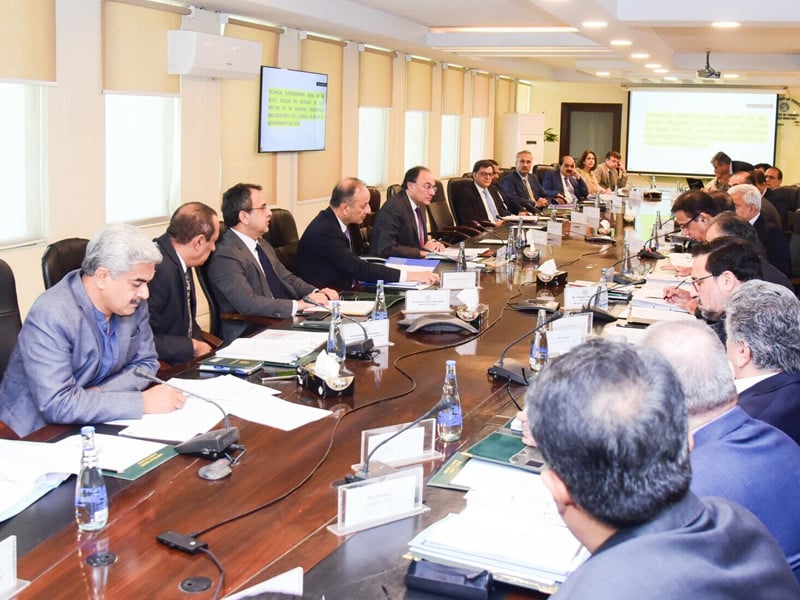TRADE & ECONOMY

The International Monetary Fund (IMF) has emphasized the need for significant improvements in Pakistan's insurance sector, leading the Securities and Exchange Commission of Pakistan (SECP) to prepare three critical draft laws aimed at restructuring the industry.
According to sources, these reforms will transfer oversight of the insurance sector from the Ministry of Commerce to the Ministry of Finance. This shift is designed to enhance business operations and improve the overall efficiency of the insurance market in Pakistan. Once approved by the federal cabinet, the proposed laws will be presented to Parliament for further consideration.
Key Features of the Proposed Reforms:
SECP as Regulator: The reforms aim to empower the SECP as the primary regulator of the insurance industry. Consumers will be able to directly approach the SECP to seek redress for grievances related to insurance services, ensuring greater accountability and consumer protection.
Privatization of Government-Owned Insurers: In a major move, all government-owned insurance companies are set to be privatized, which is expected to foster a more competitive environment in the sector.
Introduction of Third-Party Vehicle Insurance Legislation: The SECP is also working on legislation for third-party vehicle insurance, addressing a critical area of consumer protection that has long been needed in the market.
Circular Debt Management Plan:
In a related effort to meet the IMF loan program requirements, the government has approved the Circular Debt Management Plan for the current fiscal year. The Economic Coordination Committee (ECC) has granted preliminary approval, with final approval anticipated from the federal cabinet.
Documents from the Ministry of Finance reveal that the new plan aims to restrict the increase in circular debt to Rs36 billion. Last fiscal year, circular debt escalated to Rs2,393 billion, while the government assured the IMF that it would not exceed Rs2,310 billion this fiscal year. Projections suggest that without mitigating actions, circular debt could rise to Rs1,077 billion.
Strategies for Debt Management:
To manage this debt effectively, the government has proposed several measures, including:
Timely Increases in Electricity Tariffs: Ensuring that electricity prices reflect current costs.
Reduction of Line Losses: Improving infrastructure and efficiency to minimize financial losses in the distribution of electricity.
Targeted Subsidies: Allocating financial support to the most vulnerable consumers while ensuring overall sustainability.
This dual focus on insurance reform and circular debt management underscores the government’s commitment to stabilizing Pakistan’s economic framework amid ongoing challenges.




